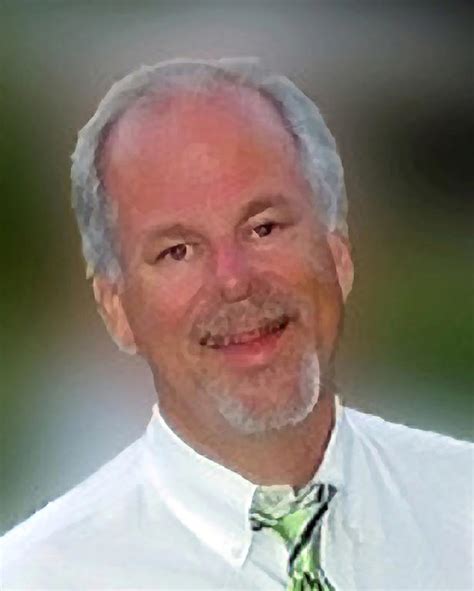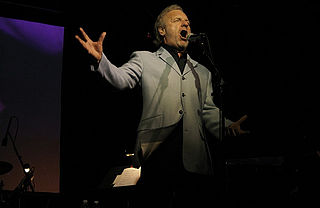A Quote by Ellen Willis
The drug war has nothing to do with making communities livable or creating a decent future for black kids. On the contrary, prohibition is directly responsible for the power of crack dealers to terrorize whole neighborhoods. And every cent spent on the cops, investigators, bureaucrats, courts, jails, weapons, and tests required to feed the drug-war machine is a cent not spent on reversing the social policies that have destroyed the cities, nourished racism, and laid the groundwork for crack culture.
Quote Topics
Black
Bureaucrats
Cent
Cities
Communities
Contrary
Cops
Courts
Crack
Creating
Culture
Dealers
Decent
Destroyed
Directly
Drug
Every
Feed
Future
Groundwork
Investigators
Kids
Laid
Livable
Machine
Making
Neighborhoods
Nothing
On The Contrary
Policies
Power
Prohibition
Racism
Required
Responsible
Social
Spent
Tests
War
Weapons
Whole
Related Quotes
The War on Drugs is a war on people, but particularly it's been a war on low-income people and a war on minorities. We know in the United States of America there is no difference in drug use between black, white and Latinos. But if you're Latino in the United States of America, you're about twice as likely to be arrested for drug use than if you're white. If you're black, you are about four times as likely to be arrested if you're African American than if you are white. This drug war has done so much to destroy, undermine, sabotage families, communities, neighborhoods, cities.
Western governments ... will lose the war against dealers unless efforts are switched to prevention and therapy... All penalties for drug users should be dropped ... Making drug abuse a crime is useless and even dangerous ... Every year we seize more and more drugs and arrest more and more dealers but at the same time the quantity available in our countries still increases... Police are losing the drug battle worldwide.
The drug war isn't what purports to be. If you look at the whole operation and the tie-in between the American intelligence agencies, these so-called "assets", the spies on the payroll of the CIA, and drug dealers. Don't let members of Congress and the media get away with this complacency and distortion!
In the 1990s - the period of the greatest escalation of the drug war - nearly 80 percent of the increase in drug arrests was for marijuana possession, a drug less harmful than alcohol or tobacco and at least, if not more, prevalent in middle class white neighborhoods and college campuses as it is in the 'hood.
I can't be any more addicted to it than I already am,"Jamie said slowly, as though he'd rehearsed this, and then waiting for a cue Nick obviously had no intention of giving." Think about crack!" Jamie added, clearly struck by insperation. "Yes! It's like I'm a crack addict, and you're my friend the drug dealer who gives me crack for free, and I know you're just trying to be a good friend, but every time I think 'Wow, this crack might be a little bit of a problem for me,' you're there to say, 'Have some more delicious crack.' Am I making sense?" Nick stared."Hardly ever in your life.
Now take a look at the way the Drug War is conducted over the past 40 years. It goes back farther, but start from 40 years ago: There's very little spent on prevention and treatment. There's a lot on policing, a ton of stuff on border control and a lot on out-of-country operations. And the effect on the availability of drugs is almost undetectable; drug prices don't change on measures of availability. So there are two possibilities: Either those conducting the Drug War are lunatics, or they have another purpose.
Every dollar spent to punish a drug user or seller is a dollar that cannot be spent collecting restitution from a robber. Every hour spent investigating a drug user or seller is an hour that could have been used to find a missing child. Every trial held to prosecute a drug user or seller is court time that could be used to prosecute a rapist in a case that might otherwise have been plea bargained.
Barack Obama's understanding of what the drug war had cost the country was meaningful. And very quietly in his second term, he and Eric Holder did make some adjustments in terms of the use of the Department of Justice, on the federal level. You saw ratcheting back of drug prohibition, and mass incarceration. You also saw, on the part of some certain states, a realization that they followed the war on drugs to a useless place, that they were only doing damage to communities, and bankrupting budgets with prison construction.
We have now spent 1 trillion dollars waging the drug war since it began. A trillion. Those funds could have been used for education, jobs and drug treatment in the communities that needed it most. We could have used those funds for our collective well being, instead those dollars paved the way for the destruction of countless lives, families, and dreams.




































